Faarea Masud and Vishala Sri-Pathma
Business reporters, BBC News

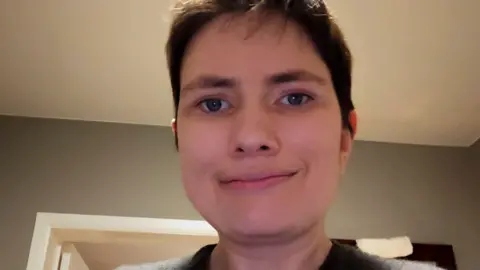 Emily
Emily
Emily says her autism makes it harder to establish a proper routine
The government has announced plans for major changes to long-term sickness and disability benefits.
Eligibility for disability payments will be restricted to those with the greatest need, and the test to qualify for the extra universal credit payment for health conditions will be replaced.
The health-related top ups will also be frozen for current claimants and reduced for new applicants.
An increase in the number of people claiming long-term, health-related benefits has pushed the total welfare bill to £64bn a year.
The latest measures, announced by the Work and Pensions Secretary Liz Kendall, are intended to save £5bn a year by 2030, with the government arguing that reform of the system will encourage claimants to work, or work more.
Many people raised changes to the benefits system as an issue that's important to them via Your Voice, Your BBC News.
We spoke to several of those concerned about how the changes might affect them.
Emily, 41, from Croydon, is autistic and struggles with time management and organising basic tasks for her daily routine.
She says her autism has prevented her from getting jobs in the past as she would "umm and ahh a lot" in interviews, but is now working full-time as a flight attendant after developing strategies to help with her daily routine.
Emily receives a Personal Independence Payment (Pip) of more than £400 a month, which is not dependent on the recipient's income. But the money mostly goes on her regular bills, rather than on the occupational therapy she thinks would really help her to establish a proper routine.
Emily was watching Liz Kendall's announcement and says it was "frustrating how unclear it all was".
From November 2026, Pip claimants will have to score at least four points in one activity to receive the daily living component of Pip.
Emily's Pip is not due for reassessment until 2031 but she fears that for people like her with autism, the stricter assessments could mean the loss of the benefit.
"We don't necessarily need help with physical things like going to the bathroom but need help with reminders.
"It's scary. Even if I'm not called up for reassessment [before 2031], the criteria have changed – so it could mean changes for me in the future. It doesn't make any sense and leaves me up in the air."
Receiving Pip means Emily is eligible for a disabled discount railcard, which makes travel to work more affordable, and if she were to lose that she says she would struggle with the cost of getting to work.
Daisy, 22, from Isleworth has attention deficit hyperactivity disorder (ADHD), depression, anxiety and fibromyalgia.
Pip has been her main source of support since she was 19, after previously struggling with a short-term job due to her conditions.
She says all the recent talk about changes to Pip increased her anxiety and she had to see her doctor about it.
"If I don't have Pip I'll be a burden to my family," she says.
After Kendall's announcement, she checked her records and she scored four out of eight on "mixing with others" so she shouldn't be affected by the change.
But she says the decision to make cuts "lacks empathy and goes against why people voted for this party in the first place".

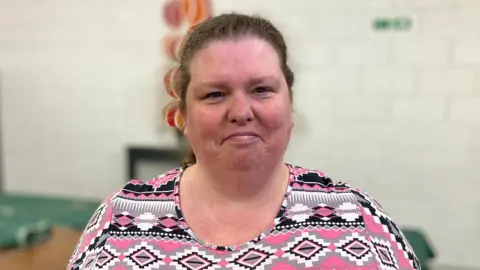
Tracy says she would love to be back in work but needs the right support
Tracy, 44, watched Liz Kendall's speech at a community café in Salford. She is unable to work after a brain injury.
"I would love to be back in work, but I would need the right support," she says.
She is open to the idea of "right to try", which would allow people to attempt to get back into work without losing access to benefits, but says there need to be procedures in place.
"If I was left with no support, it would cause more harm than good. Sometimes I use the wrong words. I don't want to be causing harm if I don't have the support that I needed."

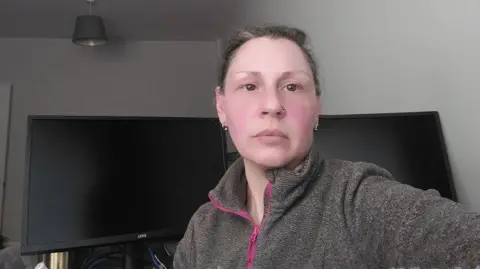 Alba
Alba
Alba applied for Pip but was turned down
Alba, 53, is an IT contractor in Dorking who is currently working for one of the airports near London. She suffers with chronic back pain following two "quite severe" motorbike accidents, and during a period of unemployment last year she applied for disability support but was told she was not eligible.
She says they were fair in assessing her and in their conclusion that she can do some work, but she wanted recognition for the pain she is in.
She says the latest measures seem "fair on paper" but worries it will affect "people like myself who are 'body abled' but still suffering from chronic pain daily".
"The fact is that benefits are not sufficient for a comfortable daily living as they are, as people with pain and disability require items which are on average more expensive than standard, for example, orthopaedic mattresses to enable them to be able to sleep."
Alba's current employer has been "extremely helpful" in letting her work from home, a subject she has spoken to the BBC about before.
"I don't want to claim benefits – it's horrible. It's not my style," she adds. "I don't want to stay at home doing nothing."

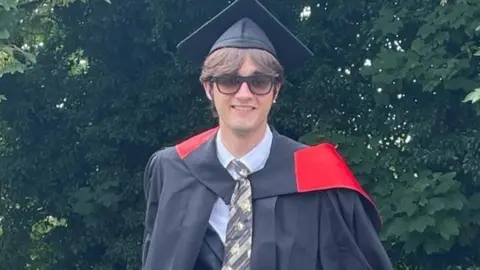 Kit
Kit
Kit says he feels disenchanted about the changes in Pip eligibility
Kit is 22 and lives in Richmond in south west London. He has a muscular skeletal disorder which makes him eligible to apply for Pip but his application was rejected.
"I'm completely disenchanted with the idea. I feel like I can't trust something that is clearly unstable," he says of the changing eligibility criteria.
"I have the benefit of being employed, but like for many the news today means more hurt and grief."
Kit feels that having a job worked against him, despite having a qualifying condition.
"All the cuts to the NHS, cuts to Pip requirements, this government seems to be making cuts to anything that helps people in need."

 Movie
Movie 3 months ago
86
3 months ago
86 
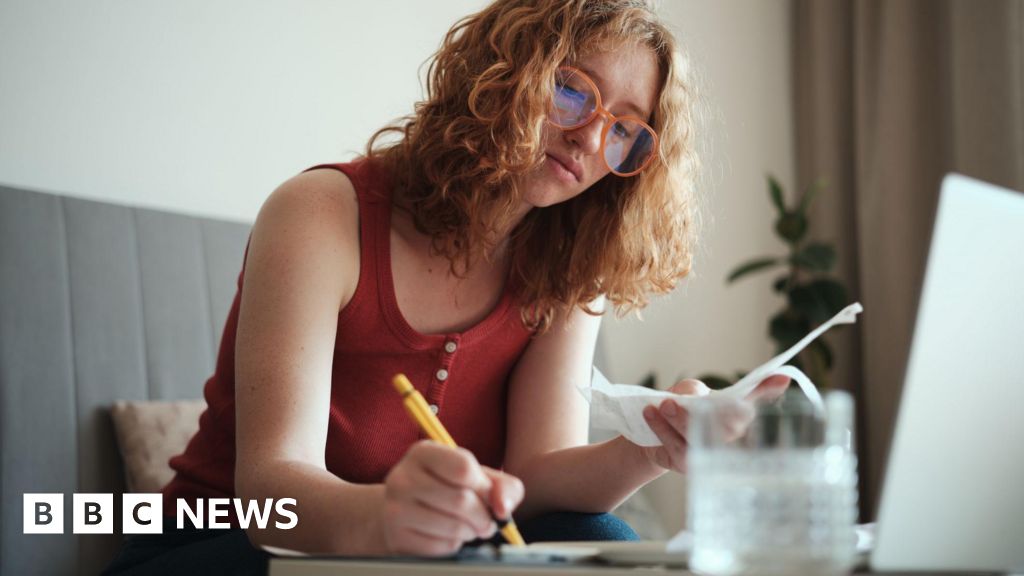
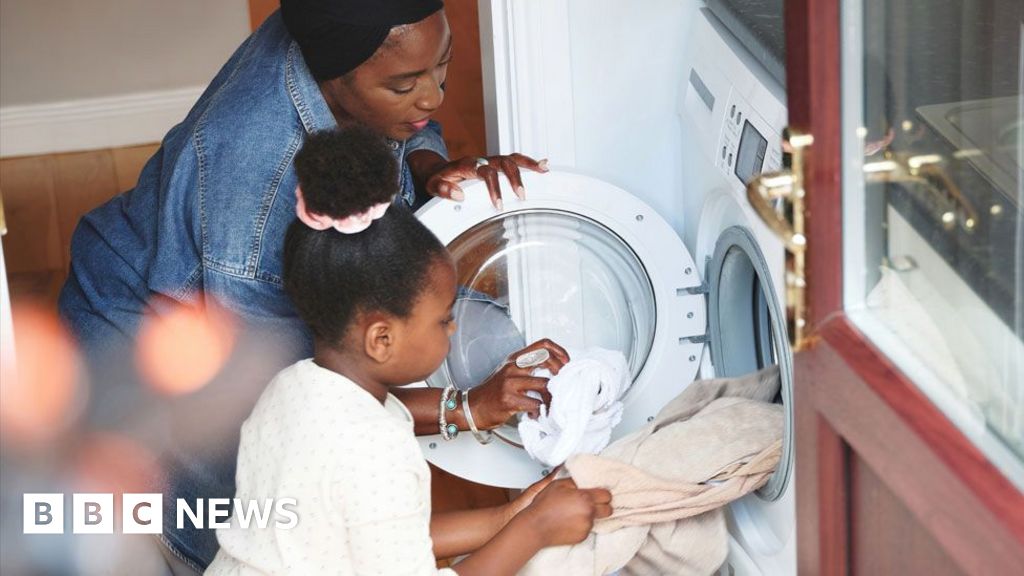

![Presidents Day Weekend Car Sales [2021 Edition] Presidents Day Weekend Car Sales [2021 Edition]](https://www.findthebestcarprice.com/wp-content/uploads/Presidents-Day-Weekend-car-sales.jpg)



 English (United States)
English (United States)